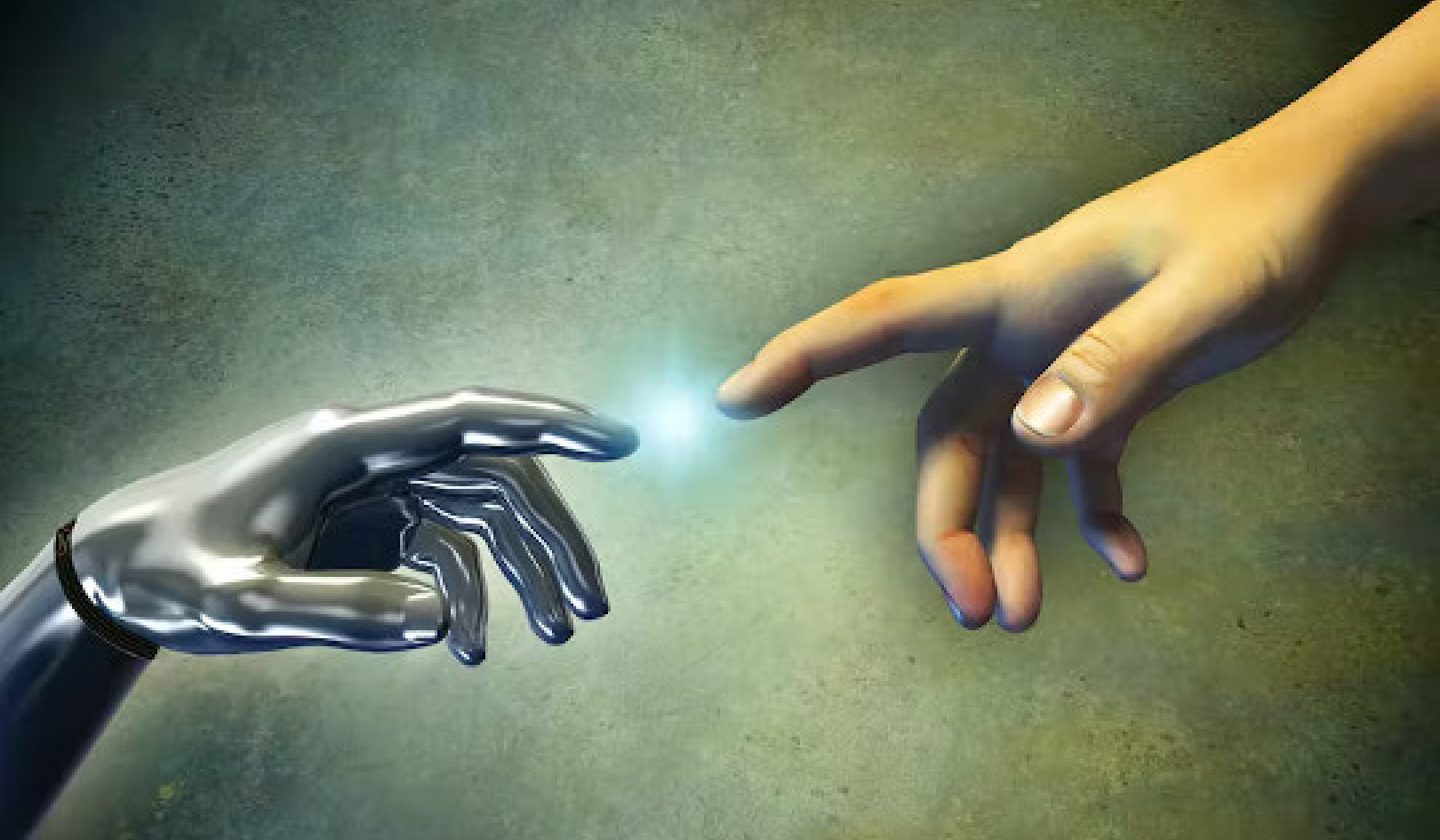
 magine that Brian promises to drive you to the airport but never shows up, and you miss your flight. When you confront Brian, he tells you that he remembered his promise but decided to watch a movie instead. Would you be angry? You betcha!
magine that Brian promises to drive you to the airport but never shows up, and you miss your flight. When you confront Brian, he tells you that he remembered his promise but decided to watch a movie instead. Would you be angry? You betcha!
But then suppose Brian pleads, “Don’t be angry at me. My brain made me do it. I wanted to watch the movie, and my desires are lodged in my brain. Moreover, I don’t care that much about you, but that is only because my neurons do not fire very fast when I think of you. My brain makes me act as I do, so I’m not responsible.” This plea will not quell your anger. Why not?
Yes, But... Your Brain Is Still You
Brian is correct that his brain made him do it. It was not his legs or eyes that made him watch the movie. If his neurons had been wired differently, then he would have driven you as he promised. It also wasn’t the movie or another person that made him do it. It was his desires, which are in his brain (assuming that minds are not separate substances), so his brain is what caused him to do it.
Nonetheless, what really matters is which part of his brain made him do it. What made him let you down was activation levels in those parts of his brain that constitute Brian’s desires. That fact is just a pseudo-scientific way of saying that he did it because he wanted to. It doesn’t change when he re-describes his desires in terms of brain states.
I Couldn't Help It! Really?
Critics retort “But he doesn’t control when his neurons fire!” Actually, he does. Brian does not think about his neurons. Nonetheless, if he chooses to watch the movie, then some of his neurons fire — the ones that turn his head toward the movie. And if he chooses not to watch the movie, then other neurons fire — the ones that make his hand reach for the car keys.
His desires and choices, thus, do affect what his brain does. Since he — or his desires and choices — controls what he does, the fact that his brain also made him do it is no excuse at all.
Brain Blaming Doesn’t Erase Responsibility
Other kinds of brain states do excuse. Imagine that Brianna made the same promise as Brian, but she failed to pick you up only because she had a seizure that left her immobilized. Then Brianna is not responsible, and you should not be angry at her, because her seizure shows you nothing about her or her concern for you. She would not have been able to pick you up no matter how much she valued your welfare and her promise.
These extreme cases are easy. Despite some rhetoric, almost nobody really believes that the fact that your brain made you do it is by itself enough to excuse you from moral responsibility. On the other side, almost everybody agrees that some brain states, such as seizures, do remove moral responsibility. The real issues lie in the middle.
What about mental illnesses? Addictions? Compulsions? Brainwashing? Hypnosis? Tumors? Coercion? Alien hand syndrome? Multiple personality disorder? These cases are all tricky, so philosophers disagree about which people in these conditions are responsible — and why. Nonetheless, these difficult cases do not show that there is no difference between seizures and normal desires, just as twilight does not show that there is no difference between night and day. It is hard to draw a line, but that does not mean that there is no line.
Getting Fooled By Simple Excuses Like “My Brain Made Me Do It”
The main problem with a simple slogan like “My brain made me do it” is that it is too abstract. When we talk about the brain in general, people think of some alien force that makes them do what they do not really want — like a seizure. That impression is terribly misleading, but it makes some people react differently to “My brain made me do it” than to “I did it.” Sometimes there is a difference (as in seizures), but sometimes there is no real difference (as with normal desires). Some kinds of activity in our brains are not separate from us — they are us.
What will happen when people get comfortable with talking about brains in this way? They will become less punitive in some cases, such as when a tumor turns a father into a pedophile. However, a better understanding of neuroscience will also keep them from getting fooled by simple excuses like “My brain made me do it.” They will realize that sometimes I do it when my brain makes me do it. That is why their better understanding of neuroscience will not undermine responsibility in general.
This article was originally published on The Conversation.
Read the original article.
Additional subtitles by InnerSelf
About the Author
 Walter Sinnott-Armstrong ia a Professor of Practical Ethics at Duke University. He has published widely on ethics (theoretical and applied as well as meta-ethics), empirical moral psychology and neuroscience, philosophy of law, epistemology, philosophy of religion, and informal logic. Most recently, he is the author of Morality Without God? and Moral Skepticisms as well as editor of Moral Psychology, volumes I-III. His articles have appeared in a variety of philosophical, scientific, and popular journals and collections. His current work is on moral psychology and brain science as well as uses of neuroscience in legal systems. He is also working on a book that will develop a contrastivist view of freedom and responsibility.
Walter Sinnott-Armstrong ia a Professor of Practical Ethics at Duke University. He has published widely on ethics (theoretical and applied as well as meta-ethics), empirical moral psychology and neuroscience, philosophy of law, epistemology, philosophy of religion, and informal logic. Most recently, he is the author of Morality Without God? and Moral Skepticisms as well as editor of Moral Psychology, volumes I-III. His articles have appeared in a variety of philosophical, scientific, and popular journals and collections. His current work is on moral psychology and brain science as well as uses of neuroscience in legal systems. He is also working on a book that will develop a contrastivist view of freedom and responsibility.
Book written by the author:
Morality Without God? (Philosophy in Action)
by Walter Sinnott-Armstrong.
 Some argue that atheism must be false, since without God, no values are possible, and thus "everything is permitted." Walter Sinnott-Armstrong argues that God is not only not essential to morality, but that our moral behavior should be utterly independent of religion. He attacks several core ideas: that atheists are inherently immoral people; that any society will sink into chaos if it is becomes too secular; that without religion, we have no reason to be moral; that absolute moral standards require the existence of God; and that without religion, we simply couldn't know what is wrong and what is right.Sinnott-Armstrong brings to bear convincing examples and data, as well as a lucid, elegant, and easy to understand writing style.
Some argue that atheism must be false, since without God, no values are possible, and thus "everything is permitted." Walter Sinnott-Armstrong argues that God is not only not essential to morality, but that our moral behavior should be utterly independent of religion. He attacks several core ideas: that atheists are inherently immoral people; that any society will sink into chaos if it is becomes too secular; that without religion, we have no reason to be moral; that absolute moral standards require the existence of God; and that without religion, we simply couldn't know what is wrong and what is right.Sinnott-Armstrong brings to bear convincing examples and data, as well as a lucid, elegant, and easy to understand writing style.
Click here for more info and/or to order this book on Amazon.























